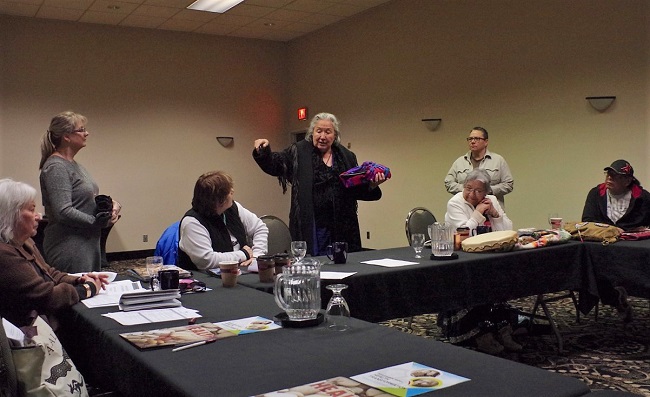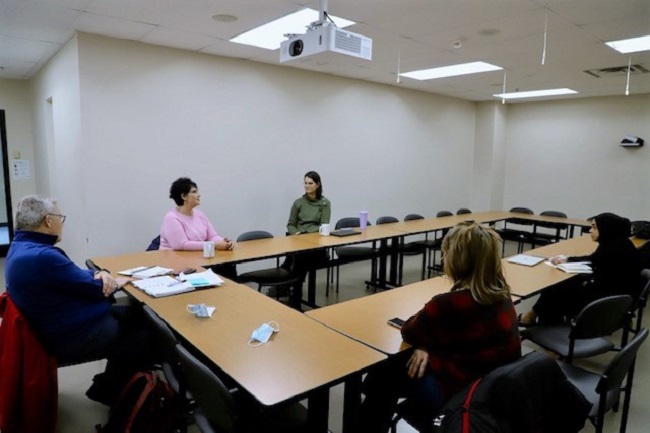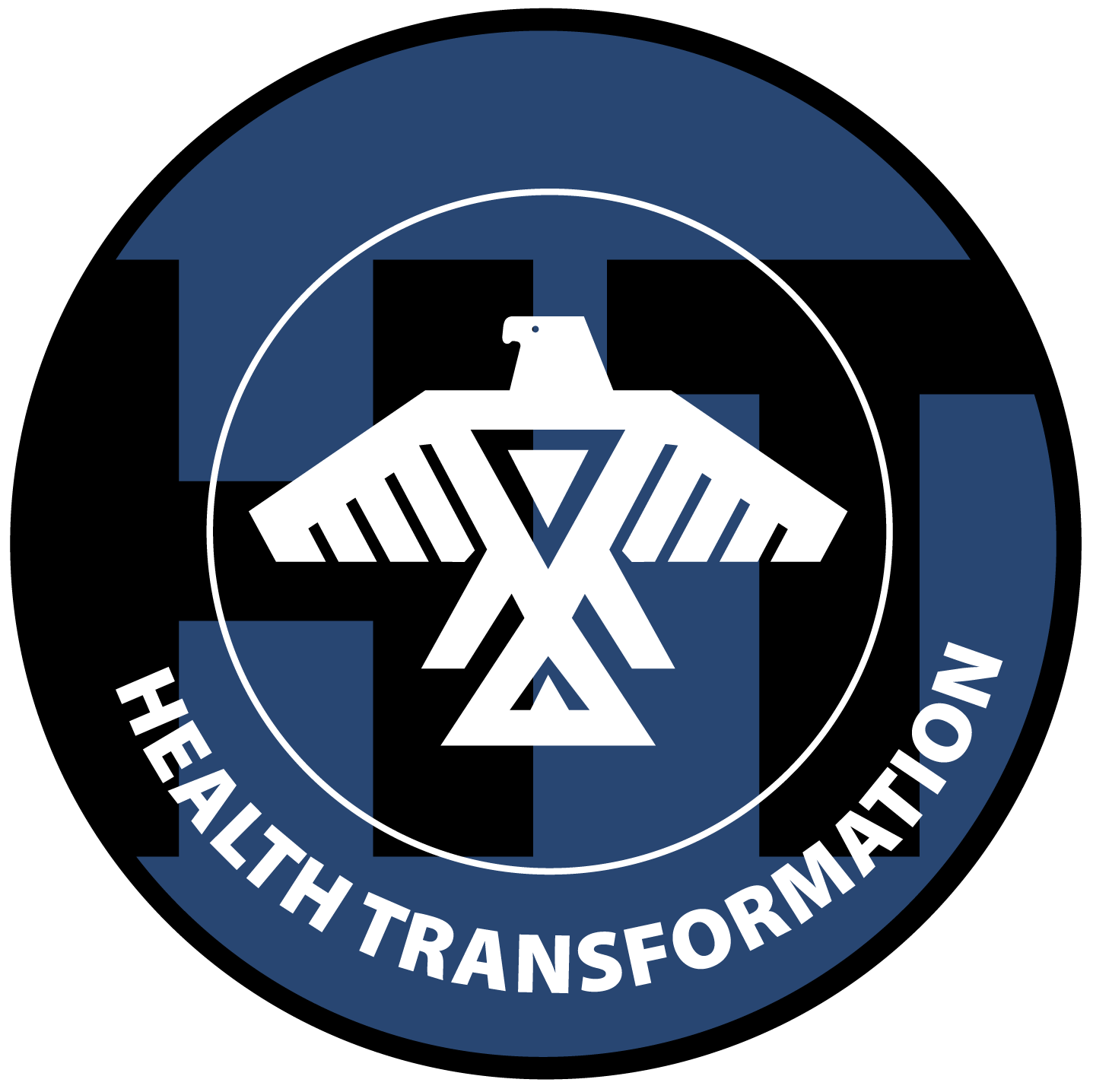First Nations have been advocating for greater control over their health and wellness, consistent with the inherent right to self-determination. In June 2016, the Anishinabek Nation Chiefs-in-Assembly passed a resolution directing the Health Secretariat to begin the process of engaging levels of government to progress with First Nation control of health.
Ongoing meetings between the Anishinabek Nation, federal, and provincial partners have resulted in the development of a joint Memorandum of Understanding. This agreement was signed in the Spring of 2018. In June 2019, an updated Resolution was passed by Chiefs-in-Assembly that supports the ongoing work towards Health Transformation.
The Anishinabek Nation Health System will be First Nation designed, delivered and administered. The First Nations Engagement Sessions are being conducted throughout the Anishinabek Nation territory to bring Anishinabek First Nations together to discuss a comprehensive system change based on social determinants of health.
The Health Transformation is not about providing more resources or amending pre-existing policies or structures; it is about laying a strong foundation for Anishinabek Nation First Nations to exercise control over the design and delivery of our own health and wellness. The system will recognize holistic and traditional medicines, and integrate culturally-safe and relevant delivery of care and services that will result in healthier communities and citizens. The Health Transformation is by Anishinabek for Anishinabek to secure the well-being of the next seven generations.
We need a system that:
• respects and reflects traditional approaches to healing, our medicines and our cultural values;
• treats the whole person, not just the illness;
• integrates all services more effectively and efficiently under First Nation governance;
• has approaches developed with direct input of Anishinabek citizens;
• meets community needs as close to home as possible;
• collective effort and collaboration amongst First Nations while respecting individual First Nations autonomy;
• recognizes the differences between self-governance over health and self-administration of health; and,
• has flexibility in the system to design and deliver programs to meet community needs.



